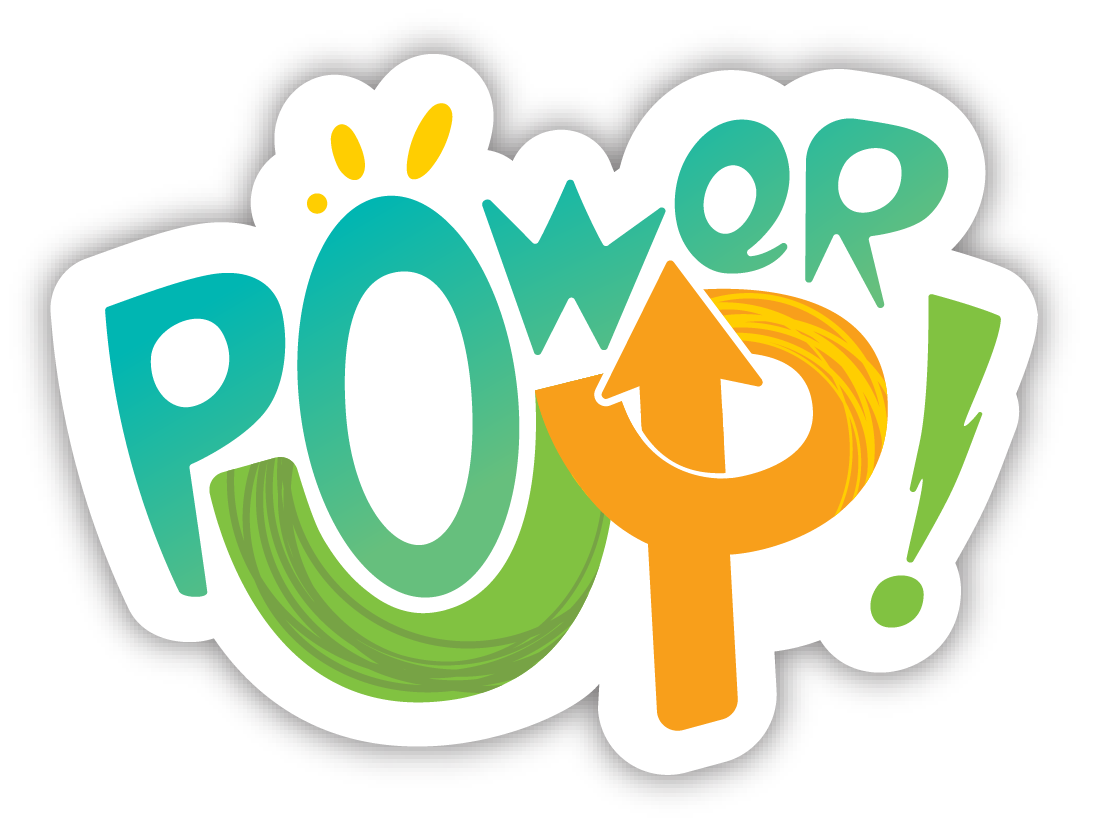Terms and Conditions
Facilitator/Coach Requirements
Adequate experience/skills for dealing with sensitive topics with children.
Facilitators must be aware of current child protection procedures and health and safety requirements.
It is vital that the facilitator has a referral network in place so that timely follow-up referrals can be made should a child need follow up counselling with a professional counsellor or other intervention to ensure the child’s safety and wellbeing.
The facilitator and all coaches and volunteers must hold current police checks or other appropriate screening or accreditations depending on your country of operation.
Publication of Facilitator Contact Details
You agree to have your facilitator contact details available on our website to enable participants in your area to be able to find a PowerUP course they can attend.
Character and Expectations
Be kind, be prepared, be reliable, be respectful, be present, be communicative, be non-judgemental.
Safety of children
You are responsible for developing a health and safety plan that adequately meets the criteria of your area and organisation.
Below are some recommendations:
• Child Registration and Parent Consent – all appropriate enrolment and consent forms must be filled in and signed before children are able to attend the course.
• Confidentiality – A safe environment needs to be created where children can share, knowing information will not be shared outside the group. Facilitators and coaches need to make sure they do not promise to keep any secrets, explaining that if it involves danger to someone they need to ask for help. Coaches need to keep all information a child shares confidential other than sharing with the facilitator if they have concerns. It is important that facilitators remember the duty of care around safety and mandatory reporting
• Physical Touch – inappropriate touching is bodily contact with any part of the body except hands, arms, shoulders or upper back.
• Supervision – coaches are never to be alone with a child. If they need to have a private conversation, they must have it publicly with other coaches around. Coaches are not to have any contact with their buddy outside of PowerUP. All contact must happen through the facilitator.
• Health and Safety – Typical health and safety procedures including sign-in/sign-out, supervised toilet breaks, all interactions happening in public.
• Cyber Safety – Coaches are not to take any photos and are not to post anything about PowerUp on the internet. The facilitator is the only person who is allowed to take photos and this must be with the permission of the parent and child and only to be used for the purposes of PowerUP sessions and graduation material. Coaches are not to accept friend requests from buddies or their family on any social media platforms.
• Protective Interrupting - Protective interrupting aims to protect children from the consequences of revealing inappropriate personal information in front of others. In protective interrupting, the coach/facilitator acknowledges they have heard the child using words like 'That sounds important', but stops them divulging any further details. They then suggest the child talks privately with them after the session.
• Behaviour Management – facilitators need to ensure guidance is given to coaches around addressing problems with a child’s behavior. If it is not resolved, issues need to be referred to the facilitator who is responsible to take any appropriate action and to liaise with the parents.
• Identification – all leaders and children must wear name tags to ensure the name and role within the sessions is known.
Use of Material
All material must be printed in colour.
All material is copyright of Windsor Park LifeCare Trust.
Acceptance
Purchase of the course material from Windsor Park LifeCare Trust is taken as acceptance of these terms and conditions.
